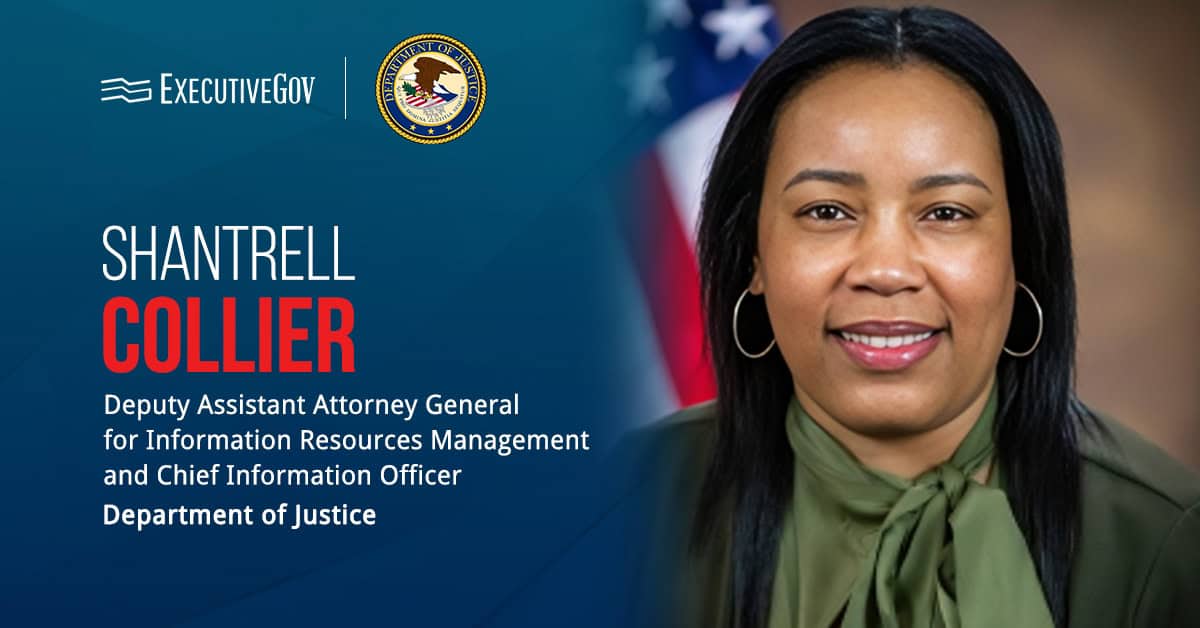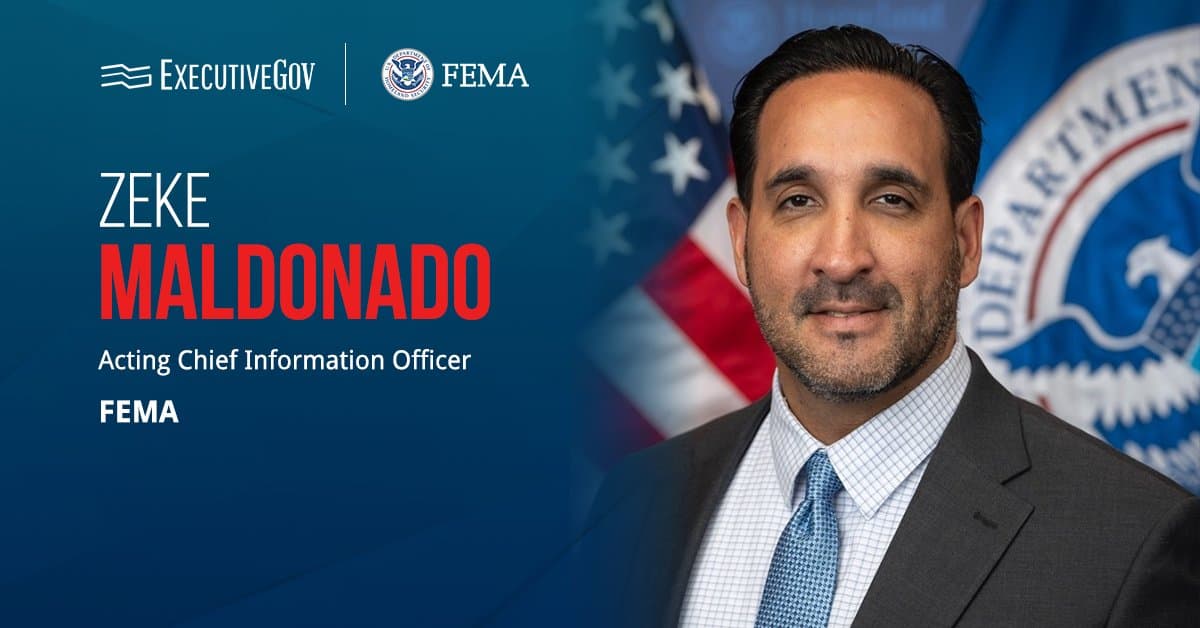The Department of Defense (DoD) eyes the appointment of Michael Pillsbury, a senior fellow at the Hudson Institute, as chair of the Defense Policy Board (DPB). DoD said Wednesday that it also plans to name Lisa Gordon-Hagerty, formerly an administrator at the National Nuclear Security Administration, as a member of DPB.
Once appointed, they will help DPB advise on defense policy matters and issues associated with DoD's strategic planning efforts. DPB members are also tasked to provide insights on the potential policy implications of force modernization initiatives.
Pillsbury currently serves as a consultant at DoD. His career also includes time as a senior research adviser at the U.S.-China Economic and Security Review Commission. Prior to NNSA, Gordon-Hagerty led Tier Tech International as president.





